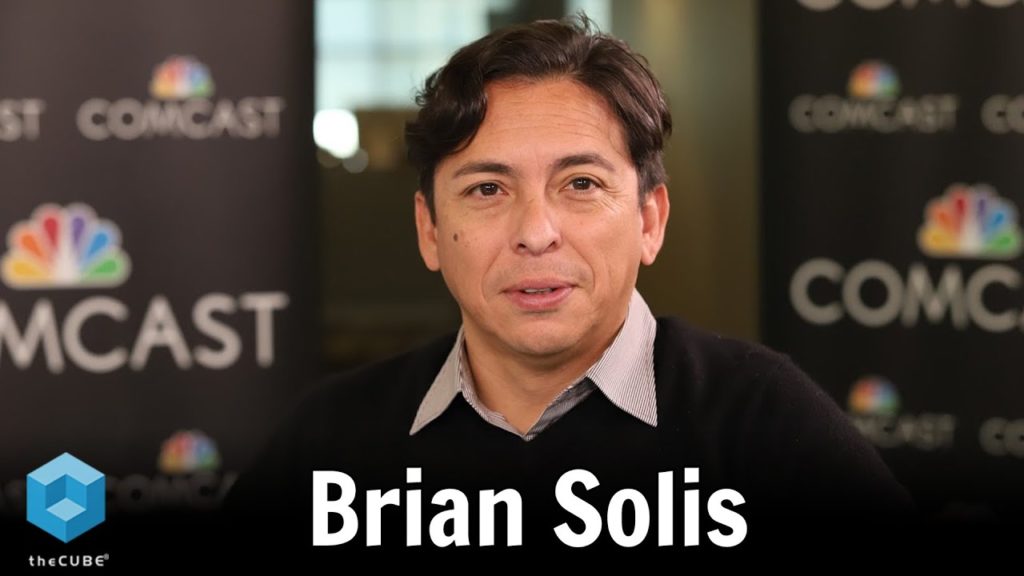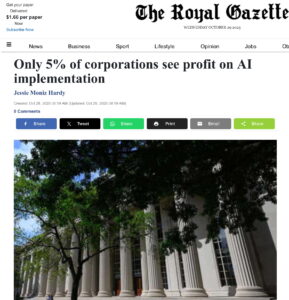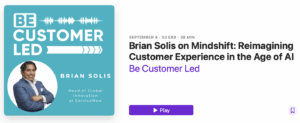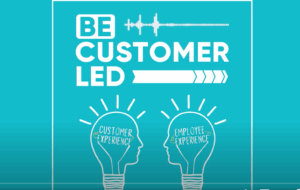Solis sat down for a 12-minute interview with Jeff Frick of theCUBE at the Comcast Silicon Valley Innovation Center in Sunnyvale, CA. Their chat was centered around “customer experience day,” a gathering of Comcast executives and thought leaders in the customer experience base.
Some Solis quotes from the interview:
“Today’s conversation has been a spotlight on what’s most important, most important, which is innovation not for the sake of innovation, but innovation for the sake of pushing the customer experience forward, changing customer behaviors in a way that’s going to create a new standard for experiences, and that way you become the leader in engagement. Everybody else has to catch up to you, and what was so important is that we’re here at a company with all the love that wasn’t the best in customer experience several years ago, and now they’re sort of one of the pioneers in what customer experience needs to be.”
“We’re really starting to see that voice as a UI is much more natural, what makes it so complex is all of the back end. I think Comcast has done a really nice job in the simplistic linguistic engagement of saying the name of a TV show or a genre of shows or movies, and then the back end to be reimagined in order to bring you something that’s not just this long list of stuff, that is much more intuitive and helps you get to what they call time to joy, much faster. That’s game changing, right, but that isn’t just something that Comcast looked, for example, to just Alexa, or anything specifically, it looked, and also, especially not to other cable companies. They looked to the best-in-class experiences in every area, to pick those parts and build something altogether new that becomes the new standard.”
“It’s almost impossible to get away from the ROI conversation. Executives have to make decisions based on what they know the outcomes are going to be. A lot of this is, you don’t know what you don’t know, and so if you can tie some types of rudimentary metrics that are going to show progress and also return, it helps – but at the same time, I always say, what happens in the ROI equation if I equals ignorance, what’s the return of ignorance? What’s the return of not doing something?”
“What I tried to demonstrate in a book I wrote about experience design, which was called X, it was, let’s break it down to what we’re actually trying to do, the word experience actually means an emotional reaction to a moment, and so for example, in a high sales pitch situation like a dealership for an automobile, that’s not a good experience. If you have to call customer service, you’ve probably not had a good experience, and all of those things are emotional, so if you can design for emotional outcomes, where people are going to feel great in the moment and feel great afterwards, that is a metric that you can have a before and after state. The likelihood of attaching that emotion to things like loyalty, customer lifetime value, growth, then you can get to your ROI in a different way, but you have to first do it with intention.”
Listen to the entire interview here: https://www.youtube.com/watch?v=wTvnIOe0a6E&list=PLenh213llmcaNWmZIjIfZERgtVIxE4v0A






Leave a Reply